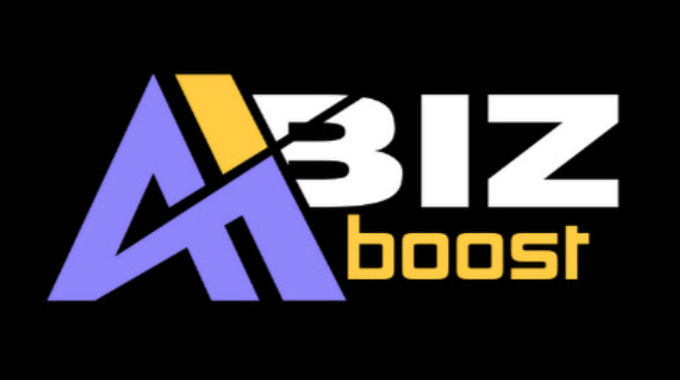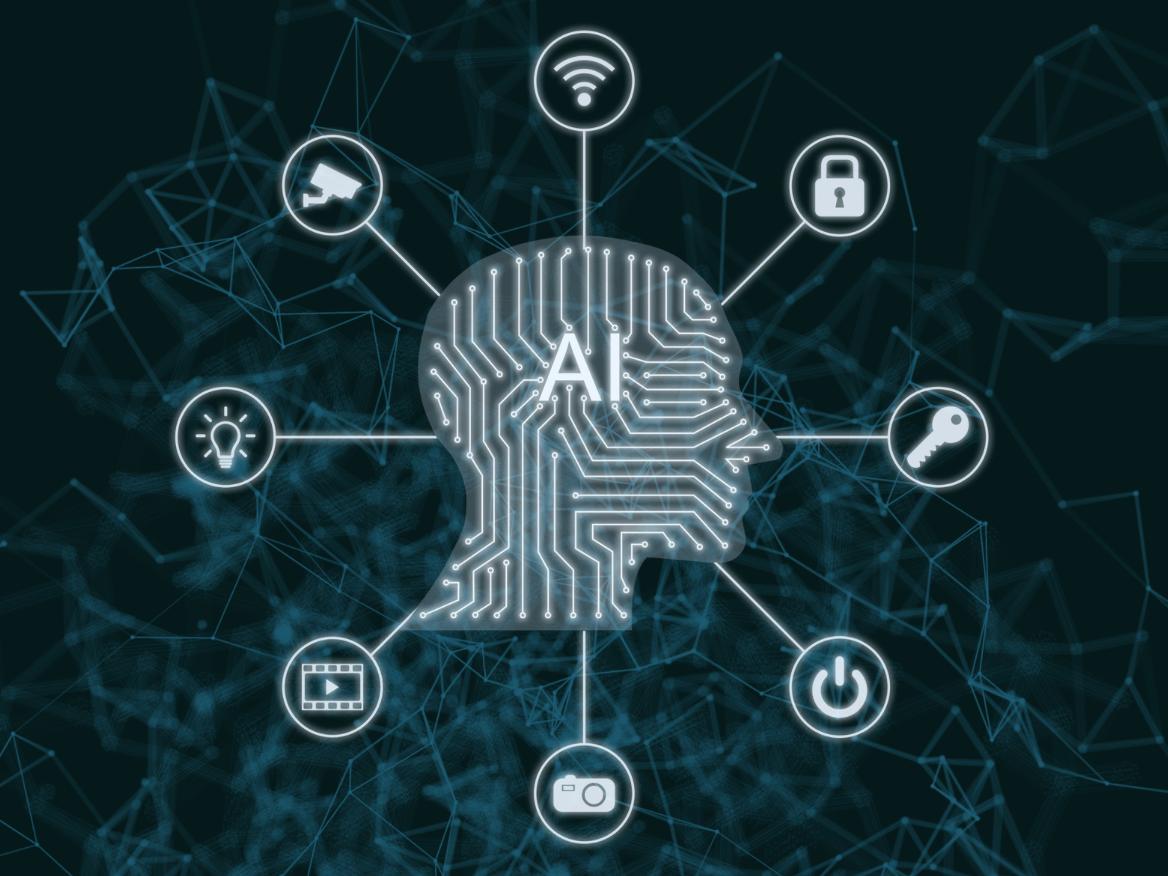Just like a river effortlessly carves new paths through landscapes, AI is reshaping the terrain of academic writing with relentless innovation.
You're standing at the brink of this transformation, where tools no longer merely assist but collaborate, making the pen mightier and more intelligent.
Imagine personalized learning experiences tailored with precision or research capabilities magnified through AI's lens.
Yet, as we navigate these waters, ethical considerations loom large on the horizon, challenging us to steer wisely.
The future promises a blend of human creativity and machine efficiency, but how we approach this symbiosis could redefine the essence of academic scholarship.
Let's contemplate the course we're charting, shall we?
Key Takeaways
- AI will elevate academic writing through personalized learning and creative collaboration.
- Ethical considerations, including data privacy and authorship, are crucial in AI's academic integration.
- Enhanced research capabilities through AI will push academic boundaries and innovation.
- The dynamic blend of AI and human intellect in writing will foster a new era of academic exploration.
Evolution of AI Writing Tools
Over the past decade, AI writing tools have evolved from basic spell-checkers to sophisticated partners in crafting compelling narratives, fundamentally transforming how you approach academic writing. Gone are the days when your biggest tech aid was a red squiggly line under a misspelled word. Now, you're in the era of creative automation, where AI doesn't just correct your grammar; it suggests whole sentences with the panache of a seasoned novelist. Syntax sophistication? It's like having a linguistic chef finely seasoning your bland essay stew.
Imagine, if you will, a world where your academic papers almost write themselves, with just a hint of your original thought. Your AI companion, let's call it 'Writey McWriteface,' delicately weaves your ideas with the flair of Shakespeare and the precision of a neurosurgeon. You're no longer battling with the basics of grammar or the complexities of sentence structure. Instead, you're orchestrating an academic symphony, with Writey playing first violin.
This isn't just about making your life easier (though, let's be honest, that's a pretty sweet perk). It's about elevating your writing to levels of creativity and sophistication once thought impossible. Welcome to the future of academic writing, where your AI pal is the Robin to your Batman in the quest for the perfect paper.
Personalized Learning Experiences
Imagine a world where every academic hurdle you face is met with a tailored AI tutor, transforming challenges into triumphs with unprecedented precision. This isn't a scene from your favorite sci-fi novel; it's the near future of academic writing, powered by personalized learning experiences.
Picture this:
- Your very own AI sidekick, chuckling at your bad jokes, while crafting adaptive curriculums faster than you can say 'procrastination.'
- A dashboard brimming with student analytics, so eerily accurate, you'd swear it's been sneaking peeks at your diary.
- Learning paths so personalized, they make your tailored suit feel like a hand-me-down.
With the advent of AI in academic writing, the phrase 'one size fits all' is getting tossed out the window faster than last semester's textbooks. Adaptive curriculums and student analytics aren't just buzzwords; they're your tickets to a learning experience that's as unique as your Netflix recommendations.
Enhanced Research Capabilities
Diving into the realm of academic research, AI's groundbreaking capabilities are set to revolutionize how you uncover and synthesize information like never before. Imagine a world where data mining isn't just for tech giants but a tool in your scholarly arsenal, allowing you to dig through mountains of data with the finesse of a digital archaeologist. You're not just finding needles in haystacks; you're crafting masterpieces from the threads.
With AI's publication analysis, gone are the days of sifting through endless piles of papers, journals, and articles that could put even the most caffeinated researcher to sleep. Instead, you're now equipped with a laser-focused assistant that skims, sorts, and summarizes the crème de la crème of academic work, tailored just for you. It's like having a personal librarian who knows your research interests better than you do yourself.
But here's the kicker: as you marvel at the efficiency and depth of your research, you can't help but chuckle at the thought of AI doing the heavy lifting. You're not just standing on the shoulders of giants; you're being catapulted by digital titans into uncharted territories of knowledge. Welcome to the future of academic writing, where the only thing you'll need to worry about is keeping up with your AI assistant's sense of humor.
Ethical Considerations in AI
As we marvel at AI's prowess in transforming academic research, it's crucial to confront the ethical quandaries it introduces. You're stepping into a realm where the lines between human intellect and artificial intelligence blur, raising eyebrows and ethical flags alike. It's not just about whether AI can write a thesis on quantum mechanics while making a latte; it's about the nitty-gritty of data privacy and authorship attribution.
Here's what keeps the academia awake at night:
- Data Privacy: Remember that paper you published? Well, AI might just use your data without asking for a night out first. Consent is key, folks.
- Authorship Attribution: Who gets the credit when AI writes a groundbreaking paper? The AI, its developer, or the cat walking across the keyboard?
- Bias in Research: If AI's trained on biased data, it might just conclude that the Earth is flat and cats rule the world (well, the latter might be true).
Navigating these ethical considerations requires more than just a fancy algorithm; it demands a dialogue between tech wizards, academic gurus, and maybe a philosopher or two. Let's ensure that as AI crafts the future of academic writing, it doesn't footnote our ethical standards.
Collaborative Writing Frontiers
In the realm of academic writing, AI's emergence as a collaborative partner opens up unprecedented avenues for innovation and creativity. Imagine a world where your AI co-author not only brews your morning coffee but also cooks up the spiciest hypotheses and theories, adding an extra zing to the mundane task of academic writing. This isn't just about slapping together words; it's about redefining creative dynamics in the scholarly world.
You're no longer the lone wolf in the research wilderness; you've got a digital pack running with you, crunching data, and spitting out insights faster than you can say 'publish or perish.' But here's the juicy part: authorship attribution. Who gets the credit when your AI buddy pulls a Shakespeare and contributes a groundbreaking idea? You? The AI? Both? It's like trying to decide who gets the last slice of pizza at a team meeting.
The collaborative writing frontiers aren't just pushing the envelope; they're sending it on a one-way trip to Mars. With AI in the mix, the future of academic writing looks less like a stuffy library and more like a dynamic playground where ideas bounce off the walls, and creativity knows no bounds. So buckle up, it's going to be a wild ride.
Conclusion
As we stand on the brink of tomorrow, AI in academic writing isn't just knocking on the door; it's ready to kick it wide open. Picture it as a boundless ocean, with each wave stronger, pushing the boundaries of knowledge further onto the shores of possibility.
We're not just witnesses but sailors navigating this vast, uncharted sea. Let's embrace the winds of change, sail beyond the horizon, and redefine the landscape of academic exploration.
The future isn't just bright; it's blazing.

